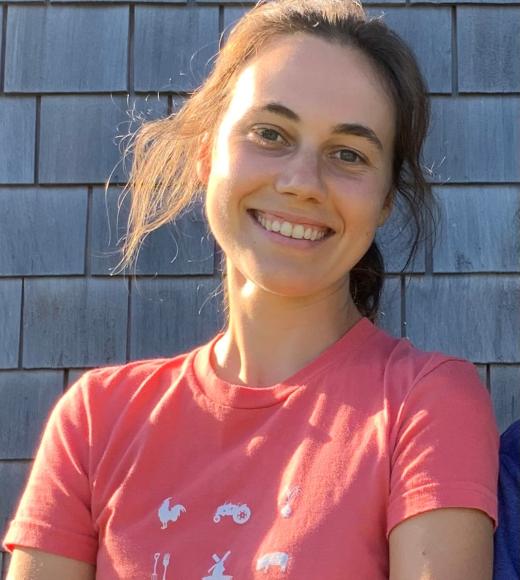
Position Title
MS Student
- International Agricultural Development
Project
Delaney’s research focuses on no-till cover crop termination in organic vegetable cropping systems. For the organic farmer, termination without tillage remains a challenge due to cover crop regrowth, competition for resources between the in-tact cover crop and subsequent cash crop, and timing of termination in relation to planting. Her research focuses on these agronomic challenges and examines whether applications of compost tea following roller crimping (a mechanical no-till termination method) accelerates decomposition of cover crop residue and create more optimal growing conditions for the subsequent cash crop. The project involves a summer cover crop trial with sorghum sudangrass and a winter cover crop trial with a multispecies cover crop followed by a planting of sweet potatoes.
Background
Delaney received her bachelor’s in environmental science and anthropology from Emory University. Following her undergraduate degree, she went on to work for a food distribution company in New York City as the Sustainability Coordinator. In this role, Delaney worked on developing various sustainability initiatives that diverted food waste and other waste streams in the company’s supply chain from landfill. She also helped develop an imperfect produce program that created a market for ‘seconds’ and surplus produce, connecting local produce suppliers to chefs in the area. Delaney then went to apprentice at a diversified livestock and vegetable farm on Shelter Island, NY where she learned about reduced tillage practices and managing a 100+ member CSA and farmstand. In addition to farming full-time, Delaney developed a composting program for the farm by implementing a food waste collection program for CSA members on the Island to divert waste from landfill and meet the farm’s soil fertility needs.
Research interests
I am interested in agroecological practices that utilize on- and off-farm wastes to meet farmers’ soil fertility needs as well as the benefits of stacking different practices such as cover cropping, composting, and intercropping on soil health and productivity of the farm. I’m also interested in participatory-based research methods that can be used to better understand the needs to the farming community I am working with and work towards co-creating solutions that address key agronomic challenges farmers are facing.